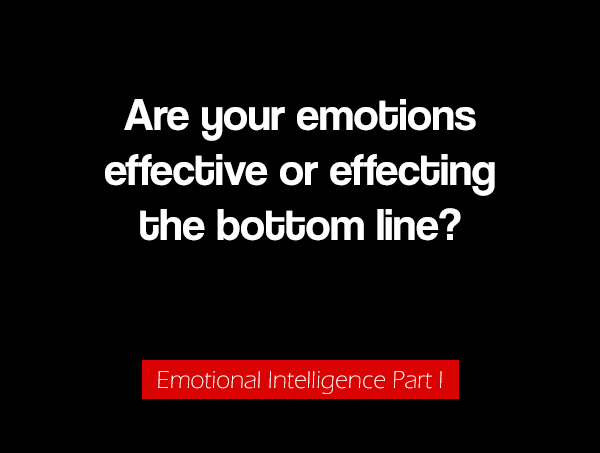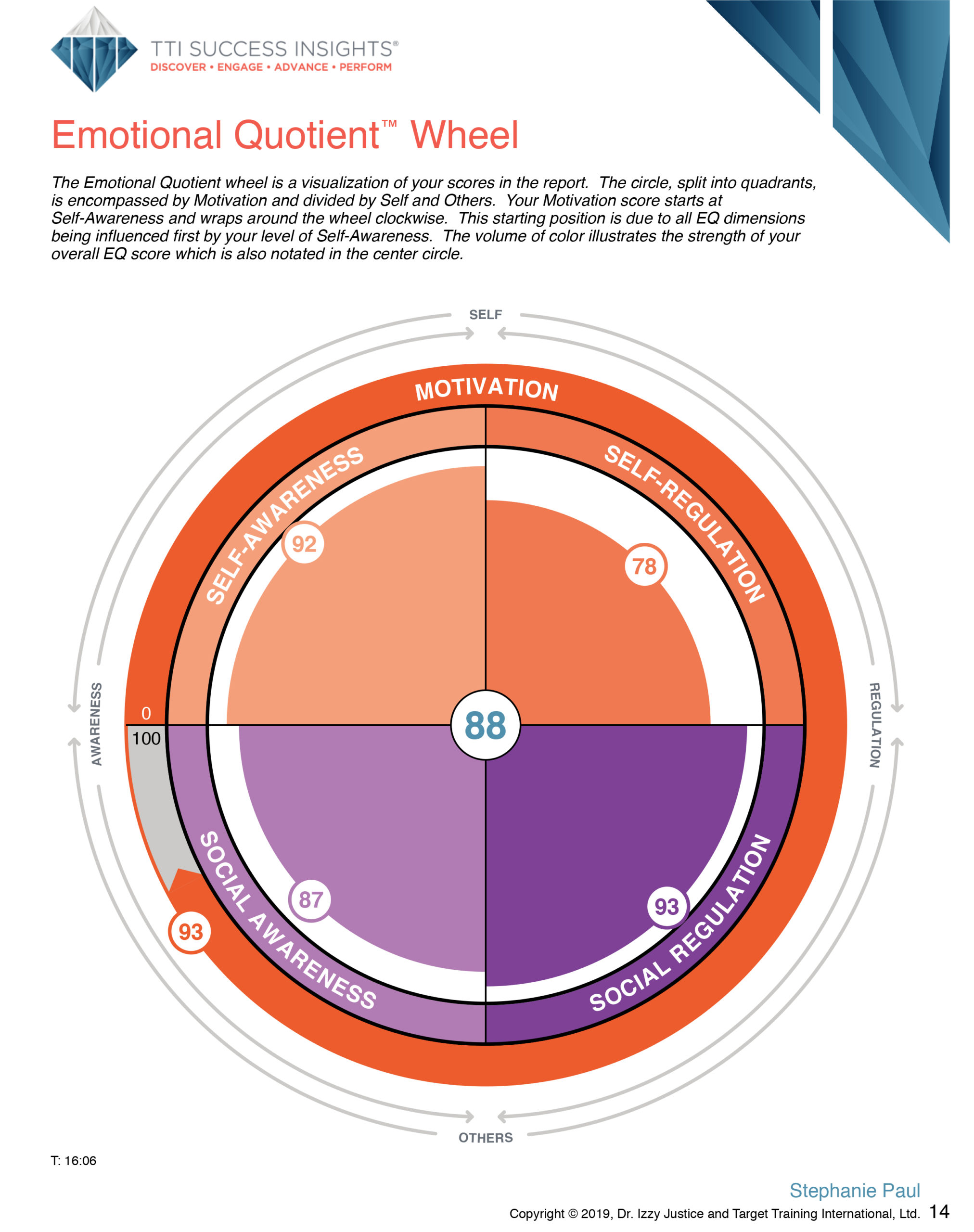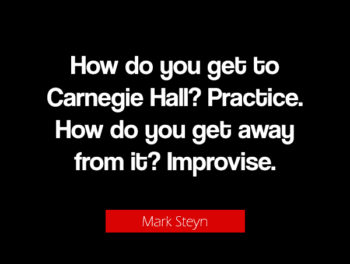
Let’s Get Engaged: Emotional Intelligence Part I
Emotional Intelligence (EQ) is all the “rage” right now—especially with the many studies coming out and statistics becoming available—but even without all the hype, the concept just makes sense with what we’re now experiencing in the business world. The younger generations who have entered the workforce have created a kind of chaos out of the well-known paradigms we have for understanding employee motivation and engagement, practically standing them on their heads. These employees push back against these existing structures in the workplace with wants, needs, and experiential desires we have only recently begun to see, and this shift has got many business leaders and engagement experts thinking about how to best meet those needs. Enter, EQ.
According to Professors Peter Salovey and John D. Mayer, two of the originators of the theory, EQ “involves the ability to monitor one’s own and other’s feelings and emotions, to discriminate among them and to use this information to guide one’s thinking and actions” (1990, p. 189). Daniel Goleman, who wrote several books on the subject and popularized EQ in leadership in the 1990s, juxtaposed it with IQ, saying “Once you’re in a high-IQ position, intellect loses its power to determine who will emerge as a productive employee or an effective leader” (2011, para. 3). Historically IQ has gotten the spotlight, but we know that a high IQ does not automatically result in success. We’re now finding that it’s people with high EQ who can build teams, motivate employees, and influence mountains to move, and this is good because we cannot effectively “change” our IQ, but we can grow our EQ.
I experimented on myself to see how much I could “grow.” I thought it paramount as someone who trains and coaches others in effective and engaging communication to work on my own EQ. You have to know where you started before you can measure any growth though, so I took my first EQ assessment in January. My overall combined average of the 5 dimensions of EQ was 77; last week I took the assessment again, and the average went up to 88. And in the last 7 months of being aware and working on my ability to elevate my EQ, each of the 5 dimensions was also raised.
EQ is the solution to meeting the younger employees’ need for meaningful engagement in the workplace because it goes beyond content and agendas and helps employers create real connections. For a leader who has high EQ has the ability to build a rapport with an audience of one or many, supporting and motivating both individual employees and whole teams. While EQ is much harder than IQ to identify and measure—not to mention very difficult to capture on a graph—on someone’s resume or in a list of their accolades, it has a powerful effect that cannot be denied.
So if a leader with high EQ improves drive and engagement, what can a team, a division, or a company of high EQers achieve?
The first step to better engagement through EQ is to know your own strengths and weaknesses. When you’re ready, click on the link below to take the EQ assessment. It takes between 20-30 minutes to complete, so be sure you have a full half-hour of uninterrupted time before you start. Answer the questions with your gut instinct for the best results. I will send you a report with your results within 5 business days.
CLICK HERE: https://www.ttisurvey.com/372083MAL
Next month we are going to take a look at how we might approach developing our EQ and dig a little deeper on the subject. Until then, take my complementary assessment to discover your own EQ and opportunities for growth. (NB: Only available until September 30th 2019).
May we all be blessed with the opportunity to achieve success on a higher emotional level—in work and in life—and access greatness with communication and higher engagement for the maximum achievement of all our personal and team endeavors. I have noticed that as my EQ rises, my happiness grows, and I want the same for every one of us.
Namaste.

References
Goleman, D. (2011, November 1). They’ve taken emotional intelligence too far. Time. Retrieved fromhttp://ideas.time.com/2011/11/01/theyve-taken-emotional-intelligence-too-far/
Salovey, P., & Mayer, J. D. (1990). Emotional intelligence. Imagination, Cognition, and Personality, 9, 185-211.

